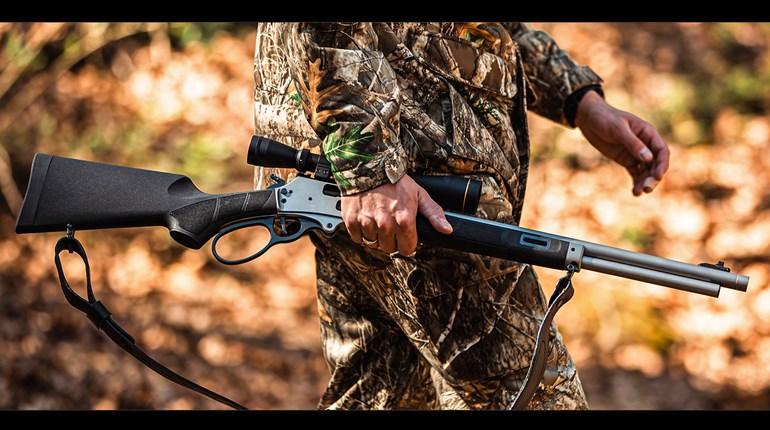
In his various writings, Col. Jeff Cooper admonished his students and readers to live with their defense gun. In this manner, the defensive shooter learns to manage, handle and operate the gun until it becomes secondary nature to do so. Thus, the individual’s focus can be on the threat and not on the mechanics of the defensive tool used to deal with the threat.
I am also reminded of Elmer Keith, the great gun writer of another era. Early on, Keith settled on a Smith & Wesson N-Frame revolver in .44 caliber, first the Special and later the Magnum. He used his six-gun to take game, for personal defense and he used the same six-gun for plinking and impromptu turkey shoots. In short, he lived with that .44 and that is the main reason that he was so good with it.
Out here in West Texas we had an old Texas Ranger named Jim Nance. Whenever Mr. Nance visited the various police and sheriff’s departments in his district, they nearly always went for coffee. Mr. Nance almost always suggested that they stop by the range, or out in the country, for a little friendly shooting match to see who was going to pay for the pie and coffee. He simply believed that if you were going to carry a gun, you ought to shoot it—and shoot it a lot.
Today, when we think about defensive handgun training, we nearly always think of formal training and then practicing whatever drills we might have learned. We tend to forget about the various opportunities that we might have for informal practice. These days very few of us take every opportunity to shoot our defense guns to see if it just possible to wear the thing out. While a person will rarely, if ever, wear a good gun out, they are certainly on the road to becoming a good shot.
Plinking, informal target matches and handgun hunting, all can be as important as the formal training that we might get from experts. Actually, when done correctly, it enhances the good training that we got from that expert. Of course, regardless of how informal the shooting session might be, we still have to put safety first and work on the basics of good marksmanship. With that in mind, it is amazing how quickly we can improve while simply just having fun with that gun.
Sometime back, I became the proud owner of a very nice, custom Browning Hi Power. Since I’ve been carrying it, I haven’t gotten into any blazing gunfights. But I have used it to dispatch a number of western diamondback rattlers, quite a few jackrabbits that were raiding the garden and one bobcat. I really learned the sights by shooting rocks across the canyon. And, frankly, all of these things have made me better prepared should I have to use the Hi Power to defend myself.
So I have to tell you that Col. Cooper was exactly right—it is important to live with that defense gun. And I would add that the smart person will shoot their gun every chance they get—at all kinds of targets and all kinds of ranges.
































